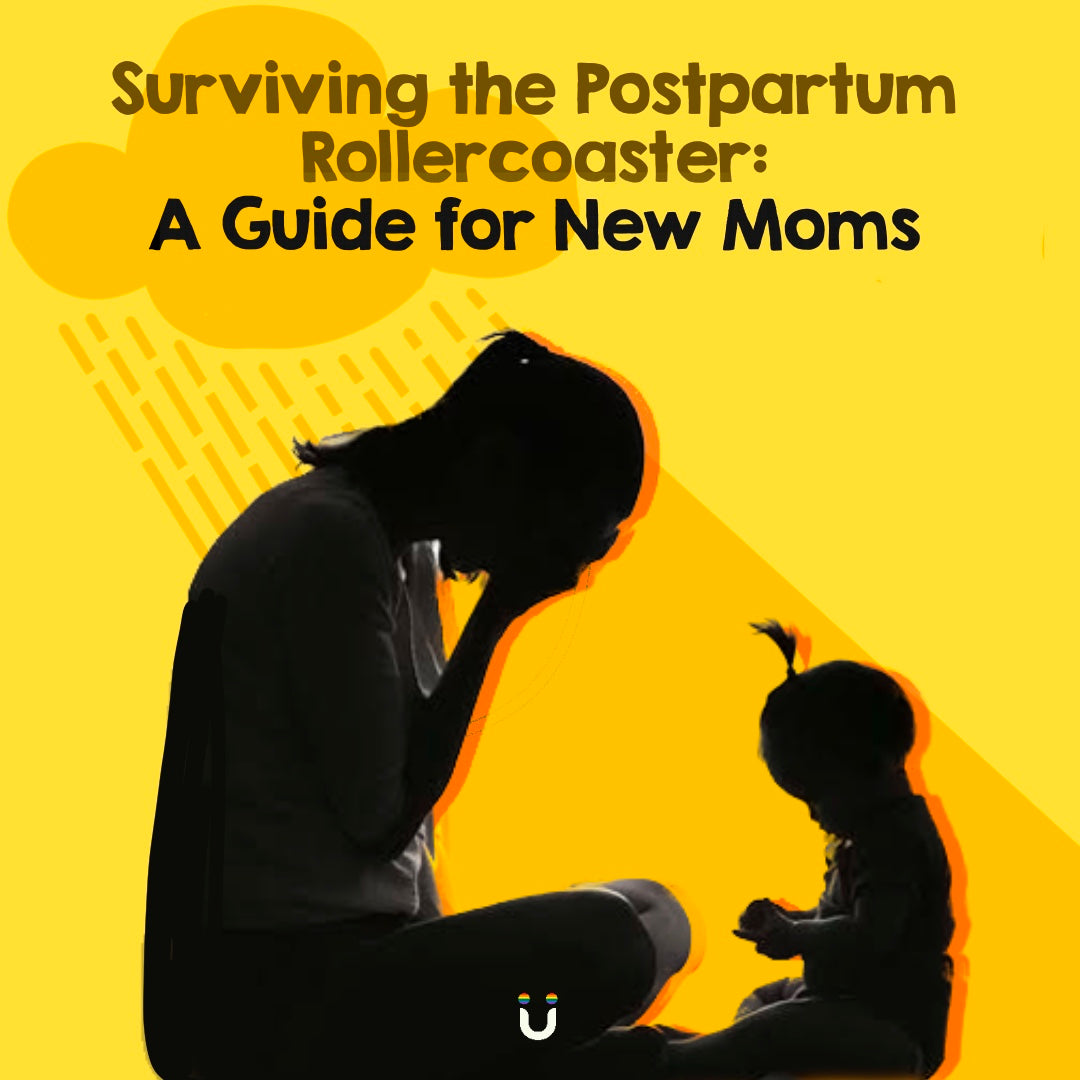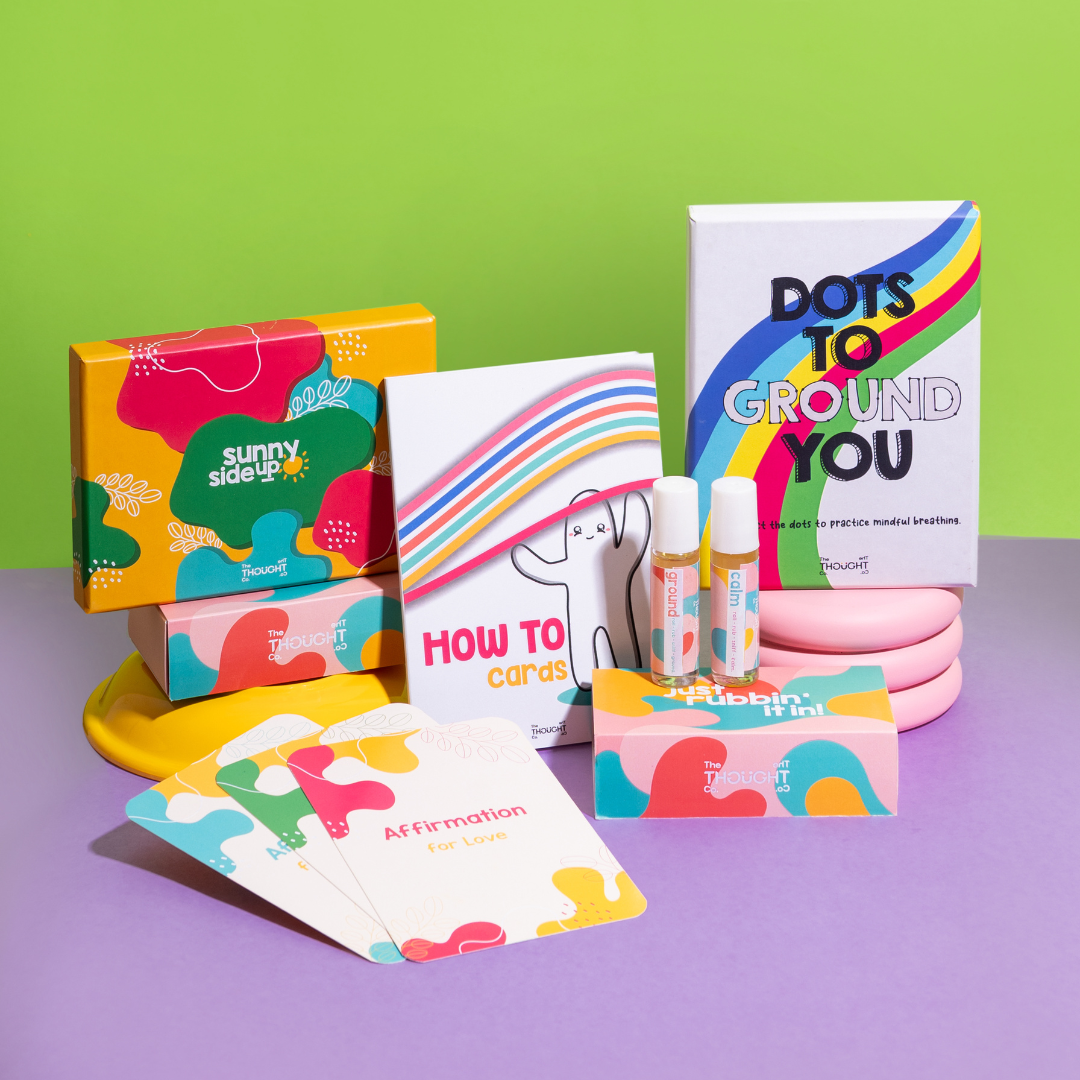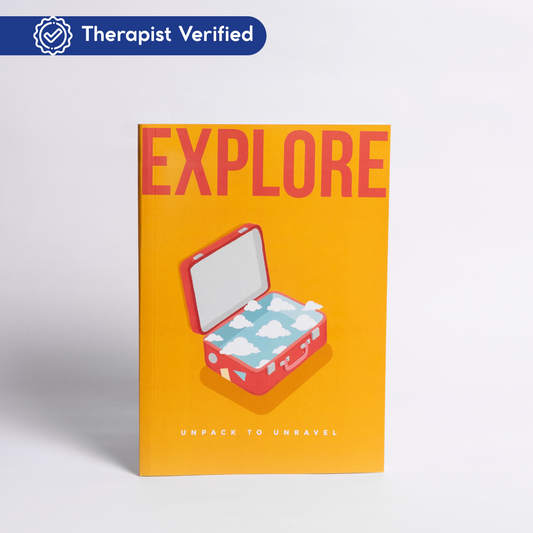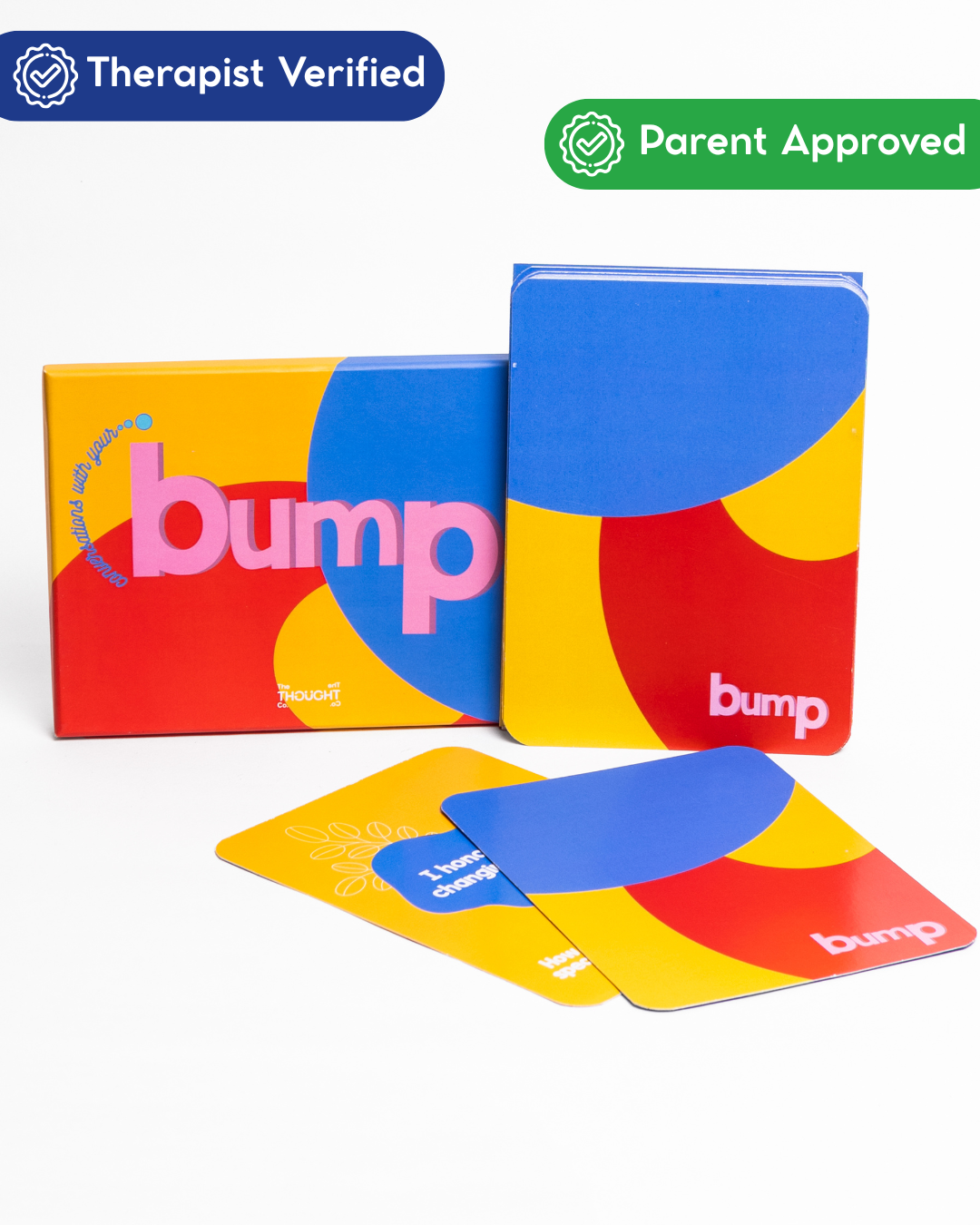Bringing a new life into the world is a momentous occasion that is often accompanied by feelings of joy and excitement but let's face it, it's not always sunshine and rainbows. Cue the arrival of postpartum depression, the ultimate party crasher for new moms. It's like getting hit by a double-decker bus of complex emotions that can be overwhelming and challenging to navigate. Postpartum depression is a common mental health condition that affects many new mothers, and it can have a significant impact on their wellbeing and the wellbeing of their families. From feelings of sadness and anxiety to exhaustion and difficulty bonding with their baby, postpartum depression can manifest in many ways. But fear not, my dear readers! As a highly skilled sleep deprived mommy-psychologist (and a part-time comedian), I'm here to shed some light the importance of raising awareness and providing new mothers with the support and resources they need to overcome it. We will explore the causes, symptoms, and treatment options for postpartum depression and offer practical advice for new mothers who may be struggling navigate through the fog.
So, picture this: You've just popped out a tiny human, and everyone expects you to be on cloud nine, but instead, you find yourself drowning in a sea of sadness and anxiety. Welcome to the glamorous world of postpartum depression! It's like regular depression, but with extra diapers and sleep deprivation.Postpartum depression is a serious mental health condition that can cause a range of emotional and physical symptoms. While it is normal for new mothers to experience some level of mood changes after giving birth, postpartum depression is different in that the symptoms are more severe and long-lasting.
Now, don't go thinking that postpartum depression is selective. It doesn't care if you're young or old, rich or poor, or even if you have a stash of designer baby clothes. It can hit any new mom like a ton of bricks, leaving her feeling like a confused and exhausted zombie.
But let's get down to business and understand what causes this party-pooper of a condition. While the exact cause of postpartum depression is not known, experts say it's a wicked cocktail of hormonal changes, genetics, and good old-fashioned environmental factors. So basically, your body decides to play a cruel joke on you just when you thought you were done with all the pregnancy surprises.
Now, if you thought your Prateek Kuhad playlist was your only risk factor for depression, think again! A history of depression or anxiety, lack of social support, and financial stress can all increase your chances of being the lucky winner of the postpartum depression lottery. It's like the universe saying, "Oh, you thought the sleepless nights and dirty diapers were enough? Here, have some depression on top!" Other risk factors for postpartum depression include a lack of social support, financial stress, a difficult or traumatic birth experience, and sleep deprivation. Women who have experienced a miscarriage or stillbirth are also at an increased risk of developing postpartum depression.
So, how do you know if you're dealing with postpartum depression or just the regular baby blues? Well, if you find yourself crying over spilled milk (literally) for more than two weeks, experiencing extreme fatigue, and feeling like a contestant on a never-ending guilt trip, then congratulations, you've won the jackpot! Other symptoms may include having the energy level of a comatose sloth, losing interest in activities you once loved (goodbye, sanity!), and experiencing delightful physical symptoms like headaches and stomach problems. Ah, the joys of motherhood, am I right?
Now, let's not forget about the poor souls who have to deal with someone going through this rollercoaster ride of emotions. If you're lucky enough to know a new mom battling postpartum depression, here's how you can be a supportive sidekick. First and foremost, just be there for her. Offer your ears and your Netflix password (you know, for those binge-watching therapy sessions). Encourage her to seek professional help and be her partner in crime during those intimidating therapy appointments. And please, for the love of sanity, don't blame her or judge her. It's not like she ordered a side of depression with her baby, right?
Now, on to the good stuff: treatment options! Therapy is like the Wonder Woman of postpartum depression. Whether it's one-on-one sessions or group counseling, it can be a lifeline for new moms. And if you're wondering about medication, don't worry, it's not all doom and gloom. There are antidepressants that can be safe for breastfeeding moms. Just make sure to consult a doctor before self-medicating with those leftover painkillers from your wisdom tooth extraction.
But let's not forget that you, the new mom, also have a part to play in this circus act. Taking care of yourself is crucial. Get some sleep (whenever the baby lets you), eat something that doesn't come from a takeout box, and squeeze in some exercise to keep those endorphins from hiding in a corner. Oh, and don't forget to reach out for support! Talk to your friends, family, or even strangers on the internet who understand what you're going through. And remember, Rome wasn't built in a day, and recovering from postpartum depression takes time. Celebrate the small victories, like managing to shower or not crying while watching a diaper commercial.
Now, we can't promise that you'll be able to avoid postpartum depression altogether. Life can be unpredictable, just like your baby's explosive diaper situations. But there are a few things you can do to reduce your chances of becoming the star of this not-so-glamorous show. Take some time to rest and recharge (yes, napping is a legit self-care routine). Ask for help with those never-ending household tasks because, hey, even superheroes need backup. And if you feel like you're drowning in the sea of emotions, don't hesitate to seek help. Talk to a therapist, join a support group, or even just vent to a friend who's willing to listen (and maybe bring you a venti latte with extra sprinkles).
Remember, seeking help isn't a sign of weakness; it's a superhero move! Because when you take care of yourself, you're not only saving your own sanity, but you're also ensuring a brighter future for your little bundle of joy. So, put on your superhero cape (or cozy bathrobe) and face postpartum depression head-on. You've got this, mama!
And for those who need a little extra support, there are plenty of resources available. Talk to your doctor, connect with support groups, or explore online communities where you can find solace in the virtual arms of fellow moms who understand the struggle. Together, you can conquer postpartum depression one hilarious baby poop story at a time!
In conclusion, postpartum depression may be a real downer, but with the right support, a sprinkle of humour, and a healthy dose of self-care, new moms can overcome this beast and embrace the joys (and poop explosions) of motherhood. So, keep your chin up, momma, and remember, you're not alone on this wild ride!






